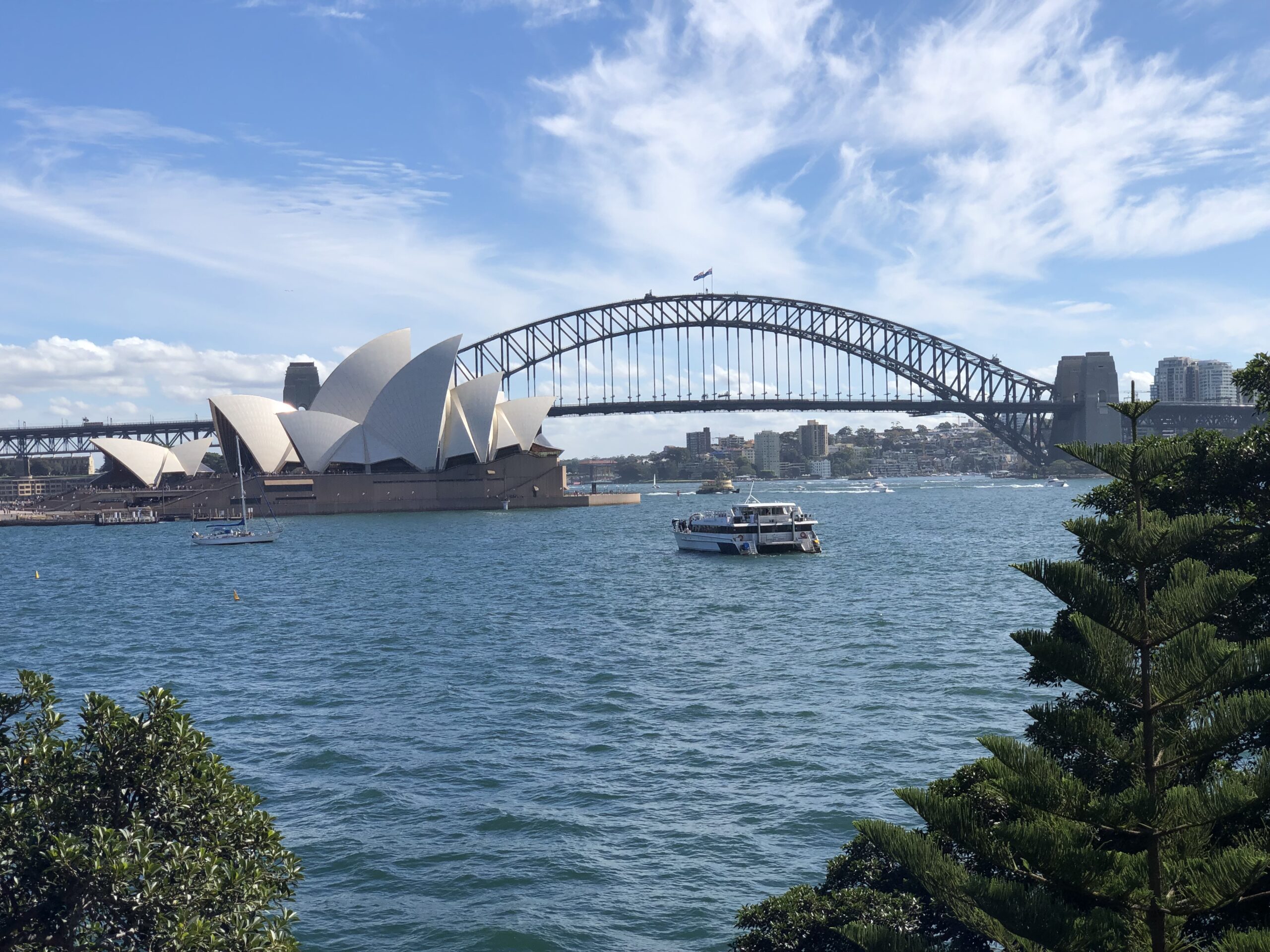Value Management in Germany
In April 2019 Dr. Engineer Marc Pauwels made his first visit to Australia exploring areas of the east coast including the Great Barrier Reef. Mark is a qualified and experience value management (VM) consultant who in addition to German qualifications is a Certified Value Specialist and also a fellow of the Society of American Value Engineers. Marc is director of Krehl & Partner GmbH & Co. a Karlsruhe based value management consultancy. The company’s founder Prof. Hermann Krehl introduced value management into Germany in 1969. The company’s application of VM takes a holistic approach and spans from value analysis of processes and products to strategic corporate management. The company has successfully completed over 3,500 commissions.
Colin Davies, Mark Neasbey and John Bushell met with Marc Pauwels to exchange information and ideas on the application of VM in Germany and Australia.
In Germany considerable use is made of VM in manufacturing and almost none in infrastructure investment whereas the reverse is true in Australia.
The key qualifications in VM in Germany are Professional in Value Management and Trainer in Value Management. Some 1,000 people per year receive basic training in VM and become Qualified Value Associates. There are 72 fully qualified Professionals in Value Management in Germany today.
Initially VM was used in Germany to improve existing products but by 1987 a new German standard for VM was issued that reflected a move towards applying VM very early in the product development process at the project definition / project specification stage.
Krehl & Partner has an extensive list of clients across all areas of manufacturing including ABB Automation Products, Bayer and Electrolux. Results of commissions have included significantly improving and extending the functionality of products, reducing processing time by up to 80% and reducing production costs by up to 40%. Their studies have also reduced risk at both the production and corporate level for their clients. VM commissions in Germany typically last from 3 to 9 months and include significant follow-up work including incorporating quotations from suppliers, prototypes, tests and initial production runs.
IVMA members explained that in Australia, whilst VM was introduced in the early 1960’s its major use has been from 1990 on in mainly state managed infrastructure developments, both new works and refurbishment / modifications to existing infrastructure. Major areas have been transport (road and rail) water supply and sewerage systems, healthcare, education and community facilities such as sports facilities.
Typically the studies are performed at an early stage of the project or program development process when representatives of all stakeholder groups participate in the studies, which may include some 30 to 40 participants. This approach ensures that there is a clear understanding and agreement of the project value, objectives, scope and required outcomes.
VM played a very significant part in the success of the year 2000 Olympic Games that were held in Sydney. The techniques were applied at the strategic level to reach rapid agreement on the transport strategy and to the brief and design stages of all the games venues as well as operational procedures and safety processes for the management of people flows.
Key benefits of the application of VM means that, in the commercial application, board approval is usually achieved on first application because all the difficult questions raised by board members have already been identified and answered in the VM study. In the government application, after the VM study the disparate stakeholder groups will have achieved consensus and will support the project through to completion and operation.
John Bushell
Chair Publications and Events Committee, IVMA
